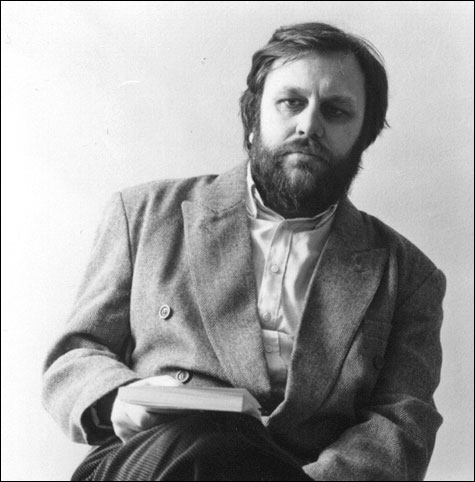
OFF WITH THEIR HEADS! For Žižek, Mao’s Cultural Revolution was perhaps only a little too much of
a basically good thing.
I’m going to hedge my bets about Slavoj Žižek, the avant-garde Slovenian intellectual wild man and theorist of everything who has taken Europe and, lately, America by storm. In Defense of Lost Causes, his new grand-theoretical manifesto, might be completely daft. On the other hand, it might be magnificent, revolutionary, a giant step toward unraveling the riddle of History. I’ll wait to see what everyone else says before I decide.
| In Defense of Lost Causes | By Slavoj Žižek | Verso | 512 pages | $34.95 |
In Defense of Lost Causesis a staggeringly ambitious book, ranging — or reeling — recklessly over vast swaths of music and film, literature and psychoanalysis, history and contemporary politics. It is nearly impossible to follow if you don’t have Western philosophy from Plato to Heidegger at your fingertips. Actually, it’s not much easier even if you do. Just when you think you’re beginning to get the hang of Žižek’s dense, allusive, paradox-laden argumentative style, you may run smack into a sentence like this:
The most difficult thing for common understanding is to grasp this speculative-dialectical reversal of the singularity of the subject qua Neighbor-Thing into universality, not standard “general” universality, but universal singularity, the universality grounded in the subjective singularity extracted from all particular properties, a kind of direct short circuit between the singular and the universal, bypassing the particular.
In fact, the flicker of a suspicion occasionally crosses one’s mind that this book and Žižek’s entire oeuvre are a massive sequel to NYU physics professor Alan Sokal’s now-famous spoof of postmodernist theoretical jargon. If so, it’s a brilliant success.
Bypassing a few particulars, we find that the “lost causes” Žižek is defending are revolutionary violence and the dictatorship of the proletariat. Robespierre, Lenin, and Mao may have gotten a few things wrong, Žižek acknowledges, but they were right about this. Against monarchical absolutism and capitalist exploitation, they affirmed radical egalitarianism — and they meant it. Whoever genuinely wills the end wills also the means.
“If you say A — equality, human rights, and freedom — you should not shirk from its consequences and gather the courage to say B — the terror needed to really defend and assert the A.” No legalistic qualms, no liberal shilly-shallying, or the remorseless logic of domination will reassert itself and the blood of all its victims will be on the hands of the faint-hearted revolutionaries. You can’t make an omelet without breaking a few eggs; you can’t make a utopian smoothie without throwing a lot of everyday stuff into the blender.
The true task lies not in momentary democratic explosions which undermine the established “police” order, but in . . . translating/inscribing the democratic explosion into the positive “police” order, imposing on social reality a new lasting order. This is the properly “terroristic” dimension of every authentic democratic explosion: the brutal imposition of a new order.